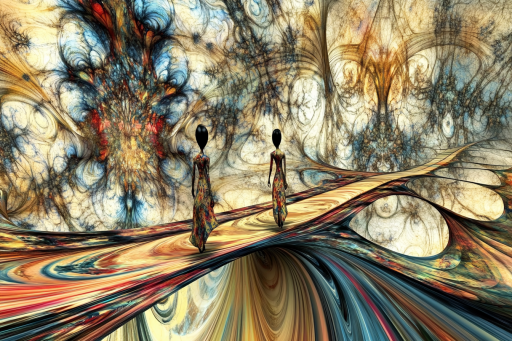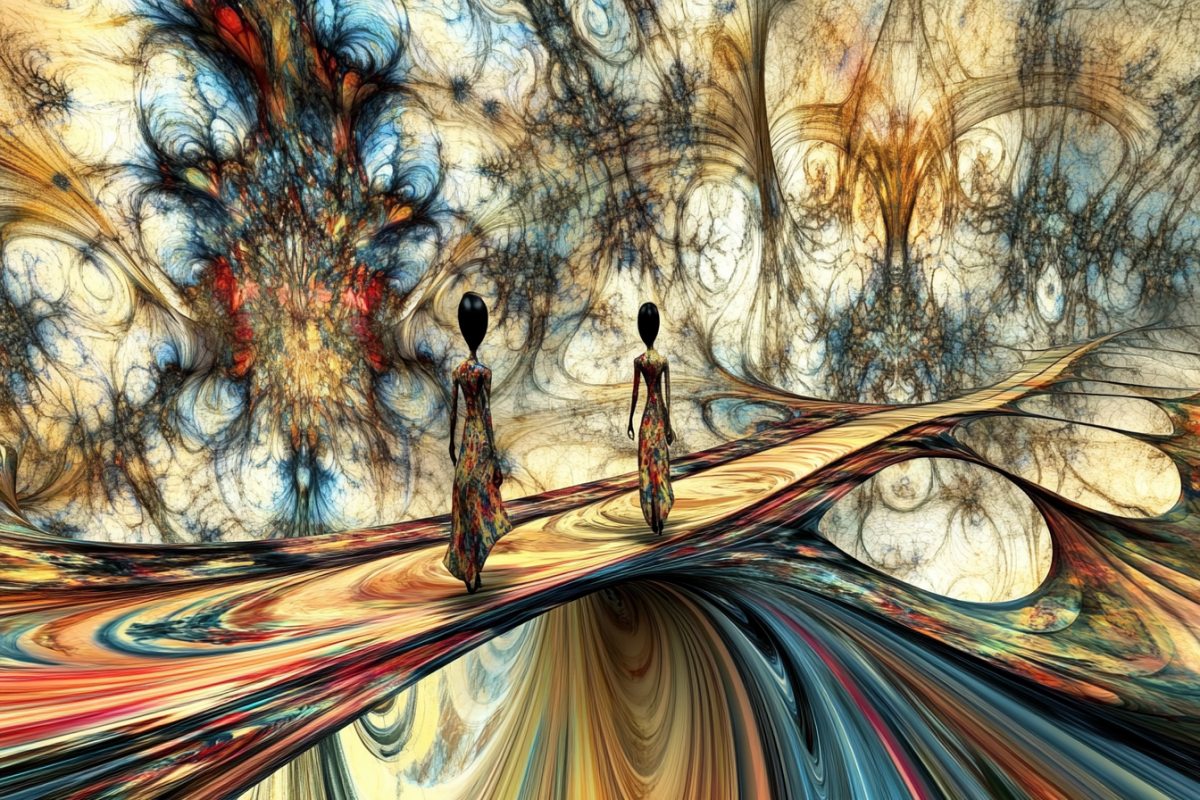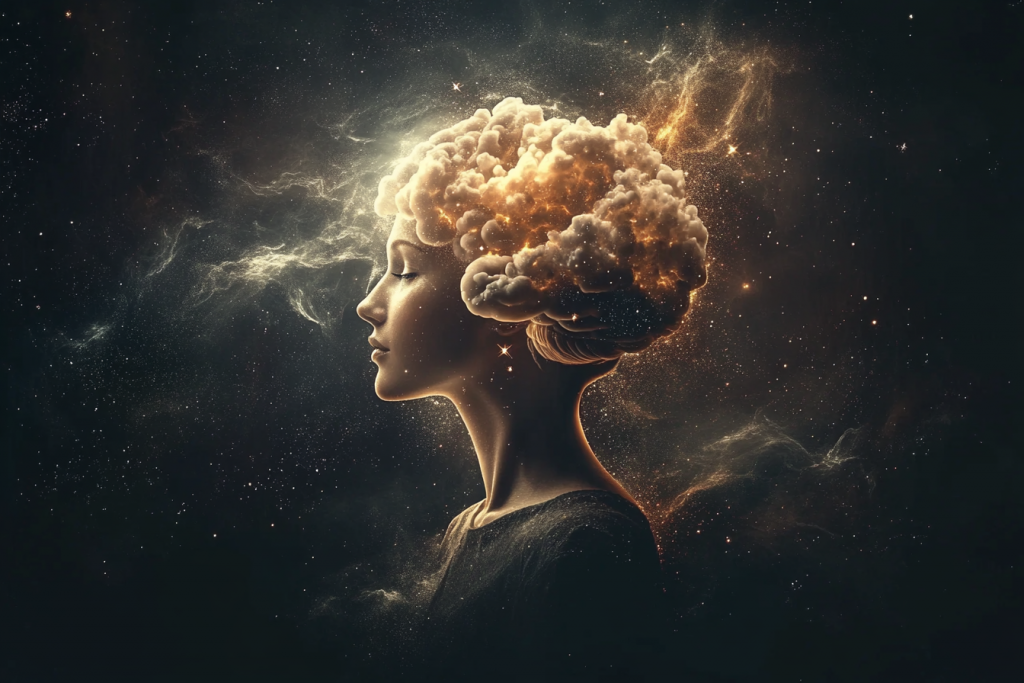
Dreams are fascinating, fleeting fragments of our subconscious that often dissolve the moment we wake. Despite spending hours immersed in these mental landscapes every night, most of us struggle to recall them. What happens in the mysterious gap between dreaming and forgetting? Join us as we explore the surreal reasons behind why dreams slip away and what their elusiveness might reveal about your mind and health.
The Brain’s Protective Amnesia
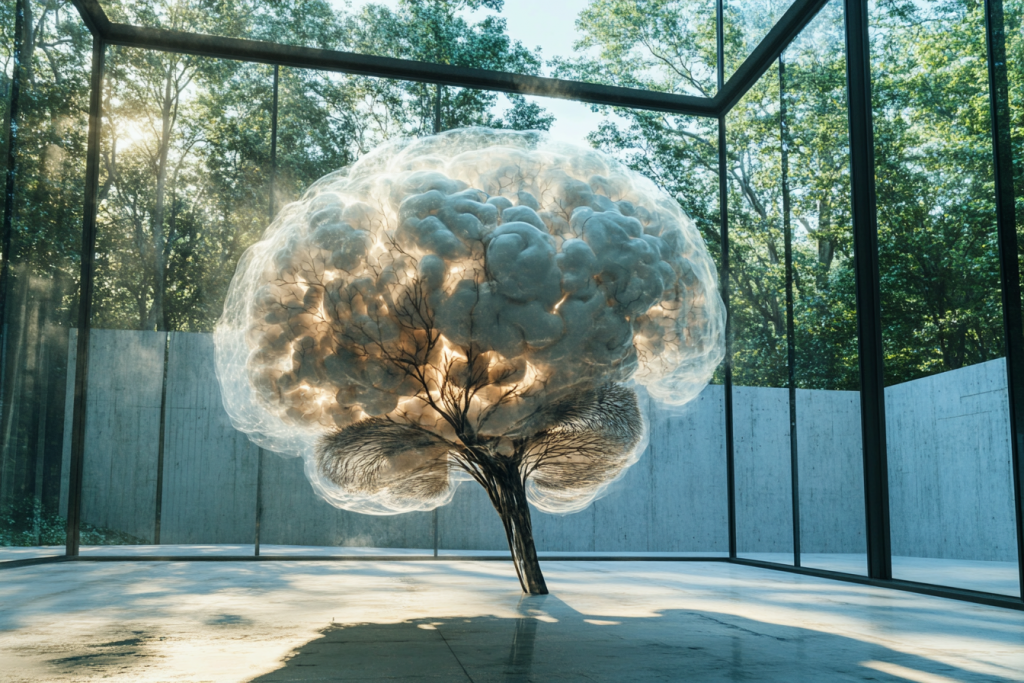
Your brain has mechanisms to prevent sensory overload, and dreams often fall victim to these processes. The hippocampus, responsible for forming long-term memories, isn’t as active during sleep. This “protective amnesia” helps ensure that your waking life isn’t confused with your dream experiences, but it also means that dreams are often lost in the haze.
The Transition from REM to Wakefulness

Dreams primarily occur during REM sleep, a state marked by high brain activity. However, the shift from REM sleep to wakefulness disrupts this continuity. During this transition, your mind prioritizes preparing for the day over preserving the details of your dreams, leaving them to fade like smoke.
Stress Eclipses Dream Recall

When stress levels are high, your brain focuses on survival, not on logging dreams. Elevated cortisol levels can impair memory formation, making it harder to hold onto the wispy fragments of last night’s visions. Stress dreams might be vivid, but they’re also among the first to vanish upon waking.
Your Brain Prioritizes Problem Solving
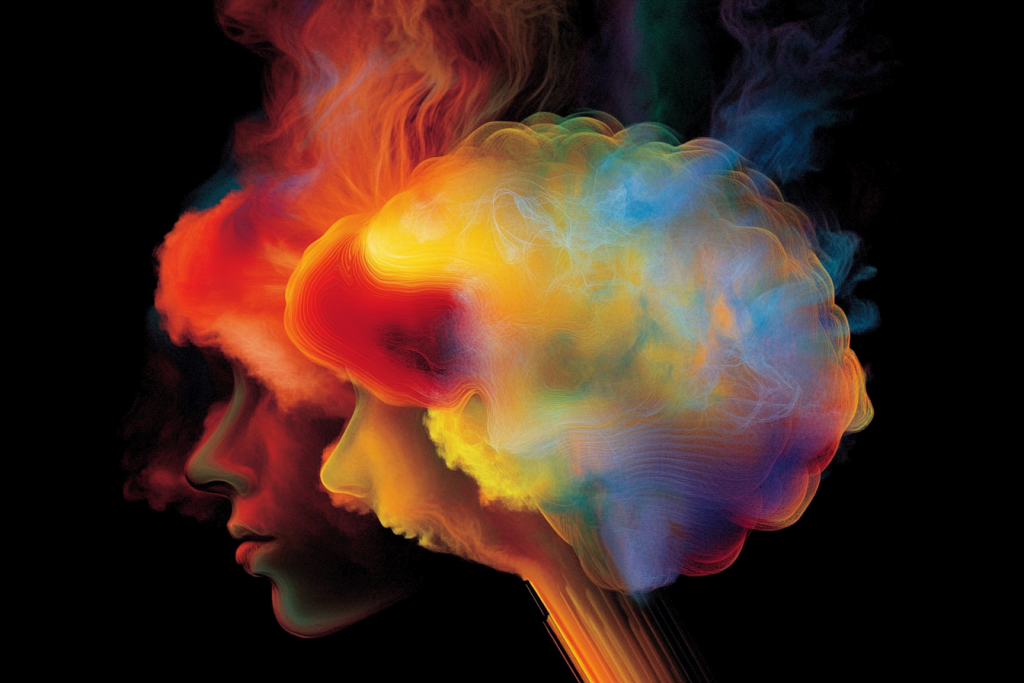
Upon waking, your brain shifts gears, concentrating on problem-solving and practical tasks. This cognitive pivot often pushes the dream remnants aside. Dreams—beautifully chaotic and symbolic—rarely align with the brain’s sharp focus on reality, leading to their swift disappearance.
Dreams Are Emotionally Overwhelming
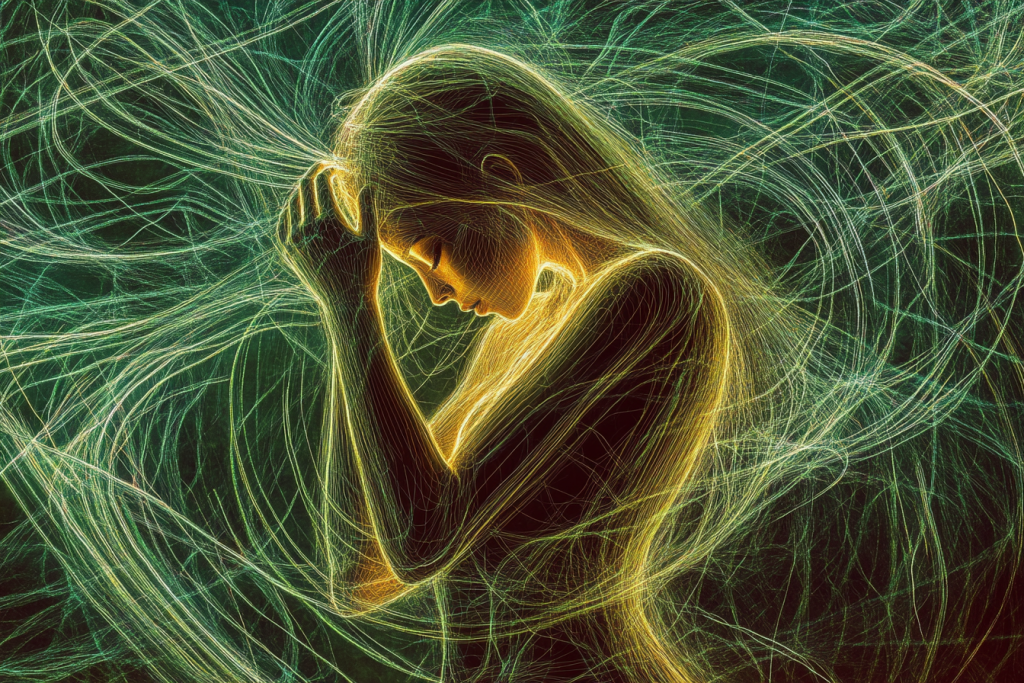
Vivid or emotional dreams can be too intense for your conscious mind to process fully. To protect you, the brain may blur or erase these memories upon waking. This self-preservation mechanism is thought to safeguard emotional stability by keeping the most turbulent dream elements out of reach.
Neurotransmitter Imbalances During Sleep
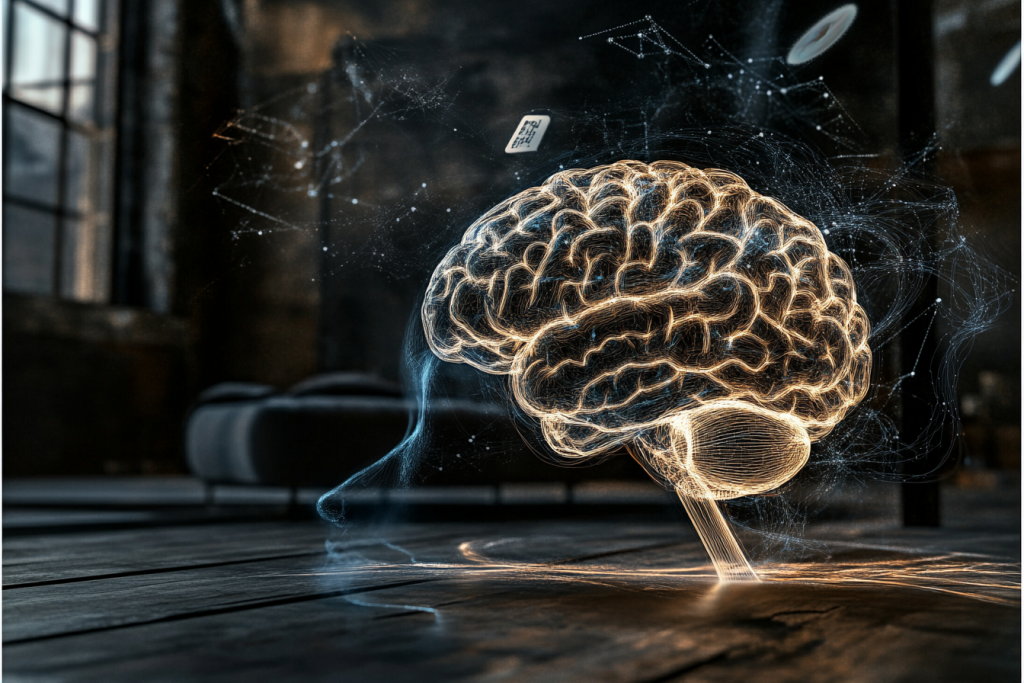
Dreaming relies heavily on specific brain chemicals like acetylcholine, while serotonin and norepinephrine—important for memory—drop during REM sleep. These biochemical shifts create an environment where dreams can flourish but not be remembered.
The Fragmentation of Sleep Cycles

Interrupted or fragmented sleep prevents the brain from completing full REM cycles. Each disruption acts like a reset button, breaking the flow of dream narratives and making them harder to recall. Poor sleep hygiene may leave you with only scattered glimpses of what might have been vivid stories.
Your Subconscious Is Speaking in Riddles

Dreams often communicate through abstract or symbolic imagery, making them harder for the waking mind to interpret or retain. This enigmatic language can render dreams slippery and difficult to remember as if they’re written in an unfamiliar code.
Dream Recall Varies by Personality

People who are naturally introspective or emotionally sensitive tend to recall their dreams more frequently. If you’re less in tune with your inner world, dreams might slip away more easily. Your waking habits and personality traits could be a significant factor in how much of the dream world you retain.
Time Perception in Dreams Is Warped

The distorted sense of time in dreams makes it hard to organize them into coherent memories. Without a linear narrative, your waking brain struggles to store these fragmented experiences. No matter how vivid they felt, they’re often dismissed as mental static.
The Influence of Sleep Disorders
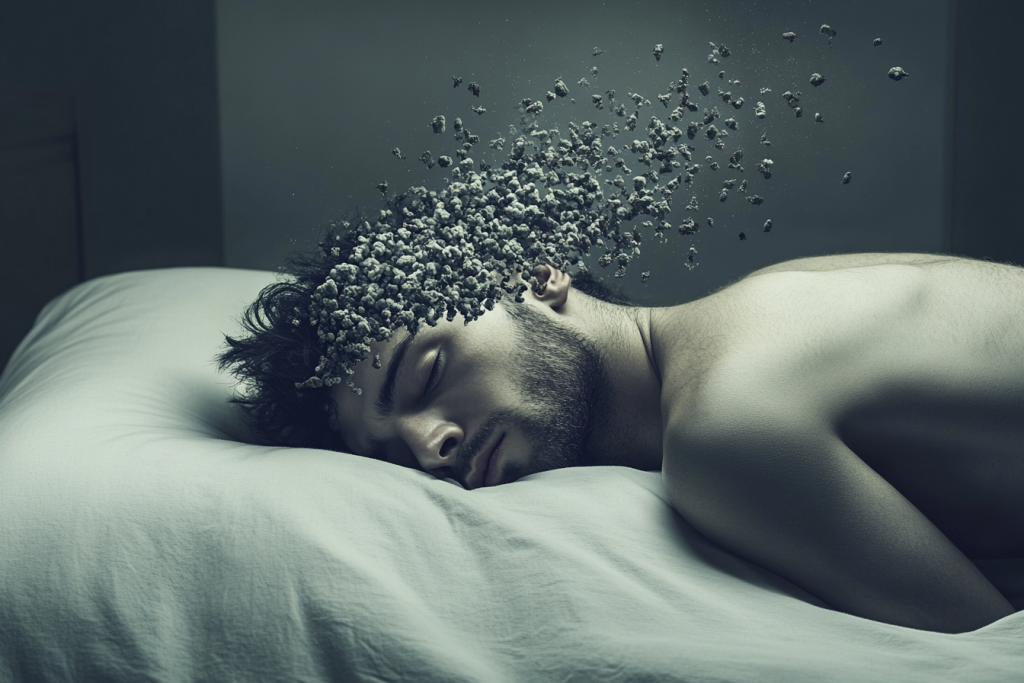
Conditions like sleep apnea or insomnia can disrupt the brain’s ability to transition smoothly between sleep stages. These interruptions impair the consolidation of dream memories. Sleep disorders might be robbing you of both rest and recall.
Your Mind’s Nightly Cleanup

During sleep, your brain undergoes a cleaning process, eliminating toxins and organizing memories. Dreams may be casualties of this essential housekeeping, sacrificed to ensure mental clarity and health in waking life. It’s the ultimate prioritization of function over fantasy.
Dreams Fade Without a Trigger
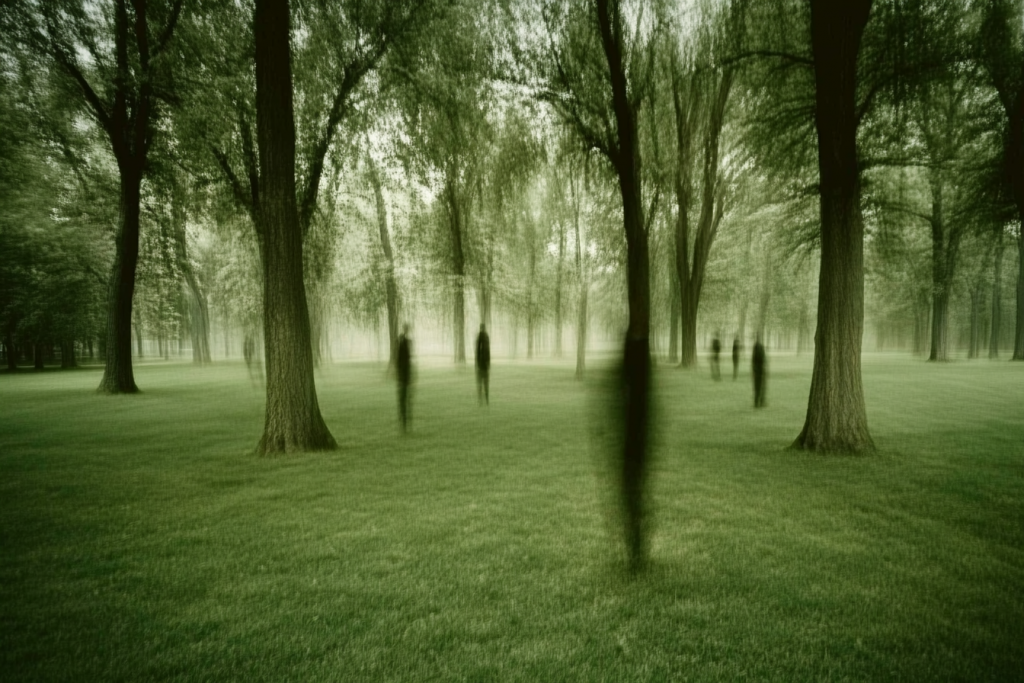
Dreams are easier to recall when they’re linked to strong emotions or sensory stimuli. If a dream doesn’t evoke a reaction or connect to waking experiences, it’s more likely to fade. These neutral dreams slip into oblivion almost instantly.
Dream Content Can Be Self-Erasing

The act of dreaming about forgetting or confusion can paradoxically reinforce memory loss. When your dream’s narrative involves themes of amnesia, it sets the stage for its own erasure upon waking. These self-erasing dreams are particularly elusive.
Your Dreams Are Not Meant to Be Remembered

Some scientists theorize that dreams serve purposes beyond memory, such as emotional processing or rehearsing survival scenarios. If recall isn’t their primary function, it makes sense that your brain doesn’t prioritize holding onto them.
The Mystery of Dream Variability

Each person experiences dreams differently, and some nights are more vivid than others. External factors like diet, sleep quality, and even lunar cycles can influence your dream patterns. This variability adds another layer to why some dreams vanish more readily than others.
Slipping Through the Veil

Dreams are a fleeting bridge between the subconscious and waking worlds, offering glimpses into the profound mysteries of the mind. Their impermanence reminds us that not all experiences are meant to be captured or understood. Perhaps it’s the act of dreaming itself, not the memory, that holds the most meaning.

